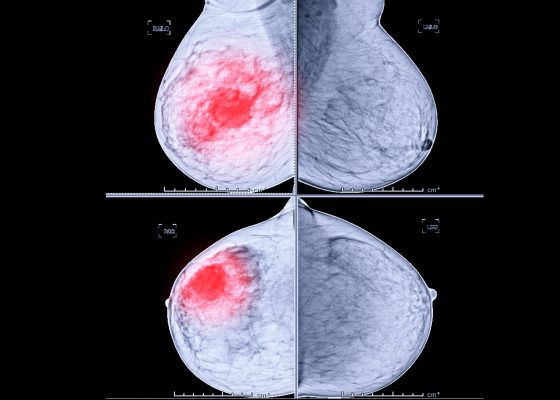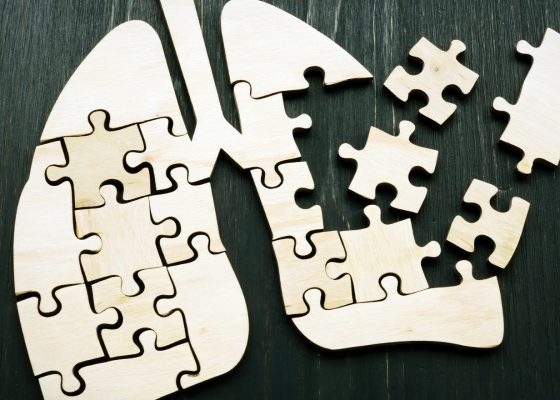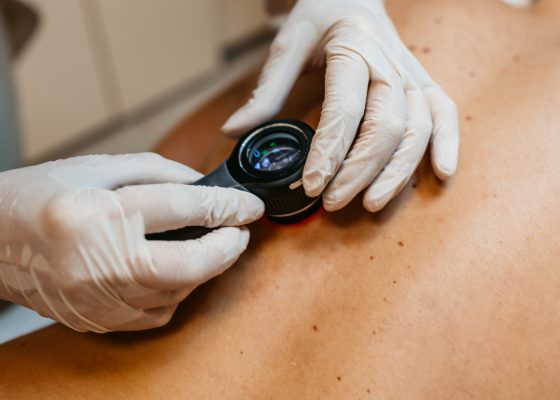Australia’s screening program cuts deaths in older adults, but experts warn of a sharp rise in aggressive cases in people under 50 years.
Australia’s bowel cancer screening program is saving lives through earlier detection, but health experts are sounding the alarm as rates of bowel cancer in younger adults continue to rise sharply.
New figures from the Australian Institute of Health and Welfare (AIHW) show that 2.6 million Australians aged 50–74 years took part in the National Bowel Cancer Screening Program (NBCSP) between January 2022 and December 2023 – up from 40.0% to 41.7% participation over the previous period.
While this is a small improvement, it still falls well short of the 55% participation target.
Since its launch in 2006, the NBCSP has detected more than 16,800 cases of bowel cancer.
In 2023, 6% of participants (86,089 people) returned a positive result requiring further investigation. Both incidence and mortality rates among those aged 50–74 years declined slightly between 2023 and 2024.
Yet stark inequities remain. People from remote, low-income areas and Aboriginal and Torres Strait Islander communities are more likely to have positive results but less likely to receive timely follow-up.
The AIHW data came about two weeks after an early release of findings (published as a pre-print on medRxiv) from a study University of Melbourne study that revealed young-onset bowel cancer cases were escalating.
The research showed 28,265 cases of aggressive types of early-onset bowel cancer had been recorded in Australia over the past 30 years, including an estimated 4347 additional early-onset bowel cancer cases attributable to the rising rates of the disease.
The researchers found Australians born in the 1990s are up to three times more likely to develop bowel cancer than those born in the 1950s.
It found rising early-onset colon cancer rates resulted in 2398 excess cases, or a 26% increase in observed cases compared to expected numbers if the increase did not occur. Similarly, rising early-onset rectal cancer rates resulted in 1949 excess cases – or a 20% increase.
Author Professor Mark Jenkins, University of Melbourne said “our inability to halt the rising burden of early-onset bowel cancer over the last thirty-years has resulted in over 4300 excess cases being diagnosed among young Australians”.
Lead author Aaron Meyers, also from the University of Melbourne, added the discovery that bowel cancer incidence was two- to three-fold higher among Australians born in the 1990s versus 1950s, suggested increasing prevalence or earlier exposure to risk factors.
“The increase is occurring even for the most aggressive forms of the disease. However, the underlying causes remain unknown,” he said.
The Australian research further supports international research published earlier this year in The Lancet Oncology, which showed Australia had the highest rates of early-onset bowel cancer in the world, with a faster increase found in women than in men.
The international research compared bowel cancer rates in those aged under and over 50 in 50 countries worldwide. It found early-onset bowel cancer increased in 27 of the 50 countries in the last decade until 2017, a rise no longer confined to high-income western countries.
Bowel Cancer Australia CEO, Julien Wiggins, said the research showed the rising incidence of early-onset bowel cancer had continued at 2% to 4% annually until 2017. However, bowel cancer rates among those over 50 were falling in many of the countries studied, including Australia.
“In 2024, it is estimated to be the deadliest cancer from men and the second deadliest cancer for women under 50,” he said.
“This risk of being diagnosed before age 40 has more than doubled since 2000, and one in nine new bowel cancer cases now occur in people under age 50.
Related
“As screening is not routinely offered to people at average risk under 45, we need to improve awareness among GPs and the public about the red flag signs and symptoms of early-onset bowel cancer.
“This remains the primary opportunity for early detection provided young people received prompt colonoscopy referral to rule out bowel cancer as an underlying cause of their symptoms.”
Other key findings from the AIHW report, included:
- The estimated participation rate for First Nations people increased by 3.7% between 2021–2022 and 2022–2023.
- Of those who participated in 2023, 86,089 (6%) returned a positive screening result warranting further assessment.
- It was estimated that about 7265 people aged 50–74 were diagnosed with bowel cancer in 2024.
- The rate of bowel cancer incidence for those aged 50-74 has decreased from 98 to 96 cases per 100,000 people between 2023 and 2024. The mortality rate has also decreased from 24 to 23 deaths per 100,000 people in the same period.
- Screening participants who identified as Aboriginal and Torres Strait Islander (First Nations) people, those who lived in very remote areas and those who lived in low socioeconomic areas all had higher rates of positive screens, warranting further assessment. However, they had lower rates of follow-up diagnostic assessment and a longer median time between a positive screen and assessment.
Since the screening program began in August 2006, about 12.8 million NBCSP screening tests have been completed, with about 5.1 million people participating at least once.
In July last year the NBCSP was expanded to include people aged 45 years and over. However they need to opt into the program, unlike those aged over 50 who automatically receive a testing kit in the mail.
Once opted in, participants will receive a testing kit every two years. Those in the 40-44 age group still fall outside the national screening program, but GPs can refer them for a pathology screening test which attracts a Medicare rebate. Anyone can purchase a test kit from a pharmacy for around $40.
A recent study published in the Australian and New Zealand Journal of Psychiatry found covid had significantly reduced the rate at which all Australians participated in the NBCSP. The rates of participation of people with severe mental illness were particularly hard hit.
The researchers found overall program participation fell by 10.3% from pre-covid to during covid. Less than one-quarter (23.9%) of people with severe mental illness (SMI) participated in the program during the pandemic compared to 30.5% before.
“People with severe mental illness were less likely to return a valid immunochemical faecal occult blood test and more likely to return a positive immunochemical faecal occult blood test result both before and during the pandemic, compared to the general population,” the authors wrote.
They were also significantly less likely to have a colonoscopy following positive immunochemical faecal occult blood test result (pre-covid adjusted relative risk = 0.97, 95% confidence interval: 0.94–1.01, vs during COVID adjusted relative risk = 0.87, 95% CI: 0.82–0.91).
“Findings of the current study underscore an urgent need for targeted public health initiatives that promote greater participation in the NBCSP, particularly follow-up colonoscopies, for people with SMI,” the authors concluded.
“Implementing targeted awareness strategies, promoting greater collaboration between mental health services and NBCSP providers, and investing in the reduction of health inequities are all crucial public health strategies that will bridge the gap in CRC outcomes between people with and without SMI.
“In turn, these efforts will reduce health disparities exacerbated by the COVID-19 pandemic, ensuring that vulnerable populations receive appropriate care and support in both the short and long term.”
The Lancet Oncology, January 2025
Australian and New Zealand Journal of Psychiatry, April 2025




